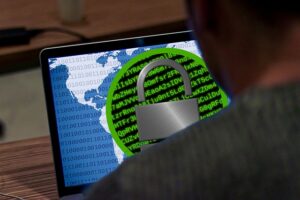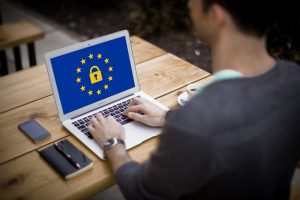Understanding Encryption’s Key Role In Protecting User Data From Account Takeovers
Account takeovers pose a significant threat to the security and privacy of user data in today’s digital landscape. As cybercriminals continue to evolve their techniques, it is crucial to implement robust measures to safeguard sensitive information. Encryption plays a pivotal role in protecting user data from account takeover. This article explores key factors highlighting the importance of encryption in securing user data ensuring confidentiality and integrity.
Data Protection
Encryption is a powerful tool for protecting user data by converting it into an unreadable format for anyone without the decryption key. In the context of account takeovers, encryption ensures that even if attackers gain unauthorized access to user data, they cannot decipher the encrypted information without the necessary cryptographic keys. This provides an essential layer of protection against unauthorized disclosure or manipulation of sensitive data.
Secure Transmission of Data
Encryption helps secure the transmission of user data across networks. When user data is encrypted before transmission, it becomes unintelligible to eavesdroppers or hackers attempting to intercept the communication. By using secure encryption protocols such as SSL/TLS, organizations can ensure that user data remains encrypted during transit, protecting it from potential interception or tampering by malicious actors.
Authentication and Access Control
Encryption aids authentication and access control mechanisms, protecting against unauthorized account takeovers. Encrypted credentials, such as passwords or authentication tokens, help verify the identity of users during login attempts. Organizations minimize the risk of password theft and subsequent account takeovers by storing encrypted passwords and employing strong encryption algorithms. Encryption also plays a role in access control, allowing authorized parties to decrypt and access specific information while keeping it inaccessible to others.
Compliance With Data Privacy Regulations
Encryption plays a vital role in ensuring compliance with data privacy regulations. Many jurisdictions mandate encryption to protect sensitive user data, especially personally identifiable information (PII). By implementing robust encryption practices, organizations demonstrate their commitment to safeguarding user data and mitigating legal and financial consequences from data breaches or account takeovers. Encryption plays a crucial role in protecting user data from account takeovers, offering a range of benefits to organizations and individuals alike. By encrypting sensitive information, organizations can protect data confidentiality, secure data transmission, strengthen authentication and access control, and ensure compliance with data privacy regulations.
Organizations should implement strong encryption algorithms and protocols throughout their systems to effectively leverage encryption for account takeover protection. This includes encrypting data at rest, in transit, and during processing. Additionally, organizations should adopt best practices such as securely managing encryption keys, regularly updating encryption methods, and conducting periodic security audits.…




 A virtual private network for individual use is a system that protects data sent while connected to the web. Antivirus software protects against harmful viruses that can infect the system, even if a firewall protects the information stored on the PC. The difference between a VPN and these two is that it protects the information that leaves your computer when you are online.
A virtual private network for individual use is a system that protects data sent while connected to the web. Antivirus software protects against harmful viruses that can infect the system, even if a firewall protects the information stored on the PC. The difference between a VPN and these two is that it protects the information that leaves your computer when you are online.